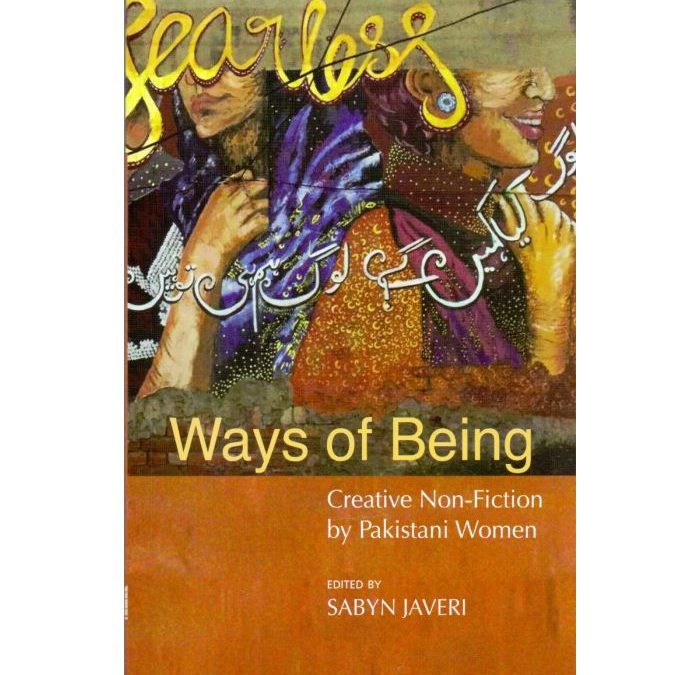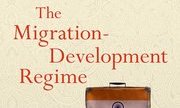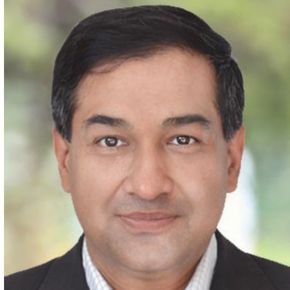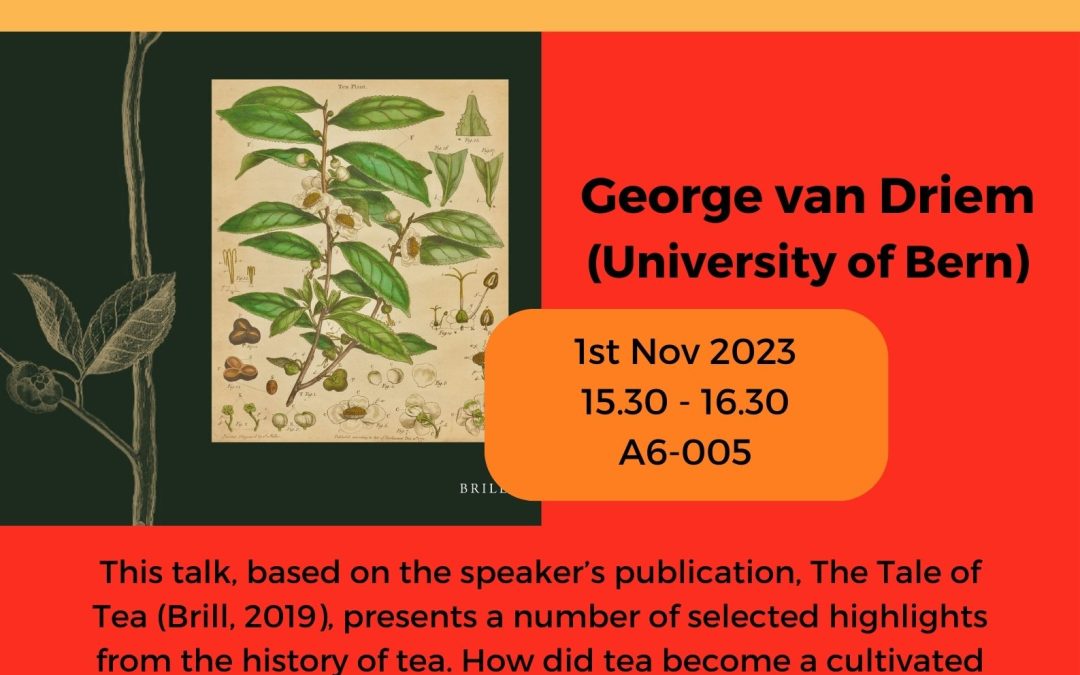
For all the tea in China: Economic and environmental ramifications of tea history with George van Driem
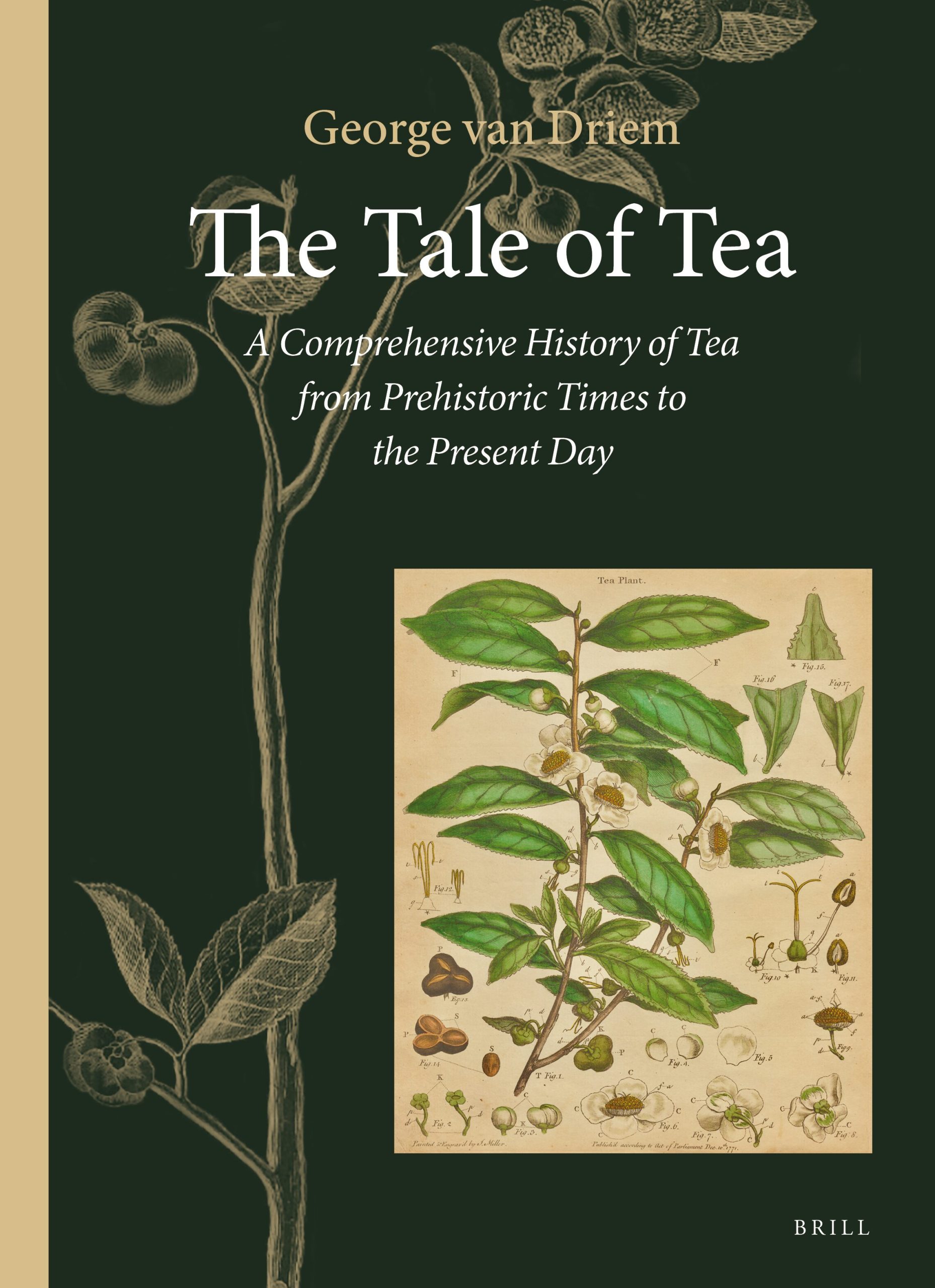
Open to the NYU Abu Dhabi community and by invitation.
21 November 2023
15.30 – 16.30
A4-008, The Reading Room
With George van Driem (University of Bern)
The tale of of tea, Camellia sinensis, spans thousands of years and cannot be told in an hour. This tea talk will therefore present a number of selected highlights from the history of tea. How did tea become a cultivated plant, and how did this cultigen reach China? How was tea subsequently transformed in China? What were some of the economic and environmental ramifications of tea on the history of China and of the world? The tea trade is responsible for paper money, the Opium Wars and the existence of Hong Kong. Tea was a decisive factor in theActs of Navigation, the Anglo-Dutch wars and the American war of independence. The economy of tea was crucial to the economy and the military defences of Tángand Sòng dynasty China and moulded the evolution of Chinese art and culture. The tea trade with the West played a role in sowing the seeds of the Tàipíng rebellion and so ultimately of the Chinese revolution led by Dr.Sun Yat-sen and the subsequent Communist rebellion led by Máo Zédōng. Amore thorough account is provided in the book The Tale of Tea.

